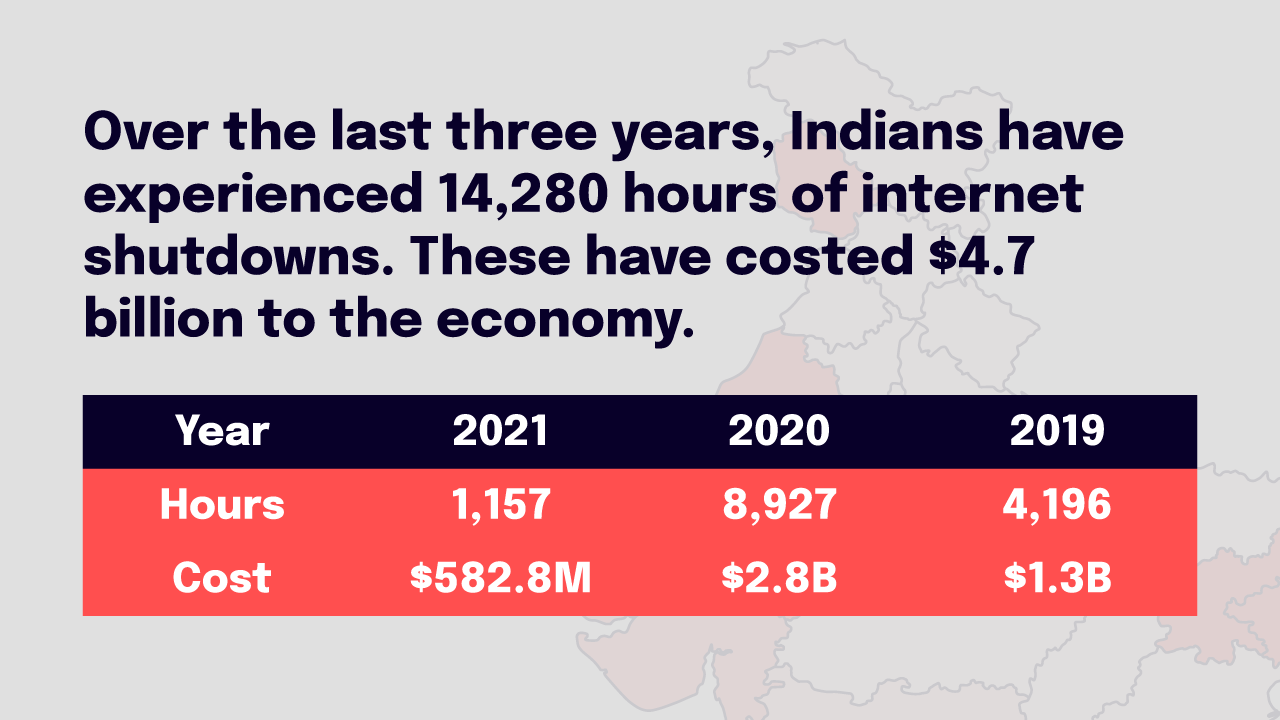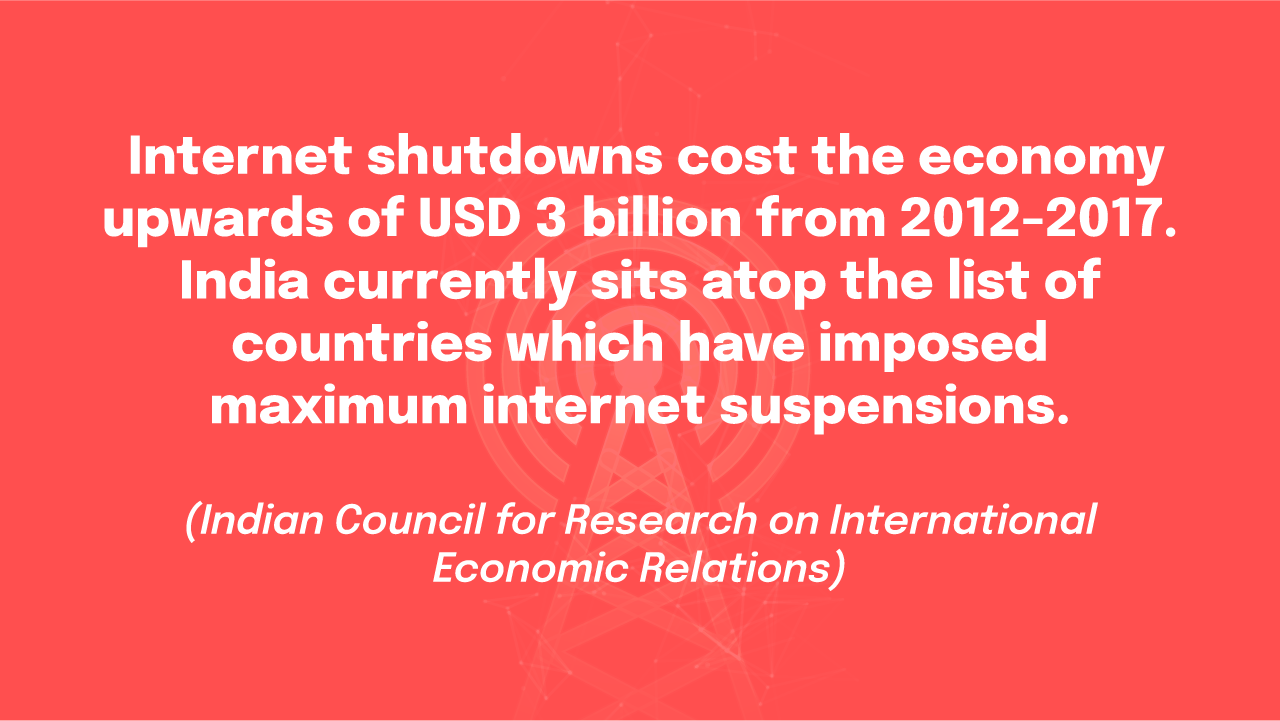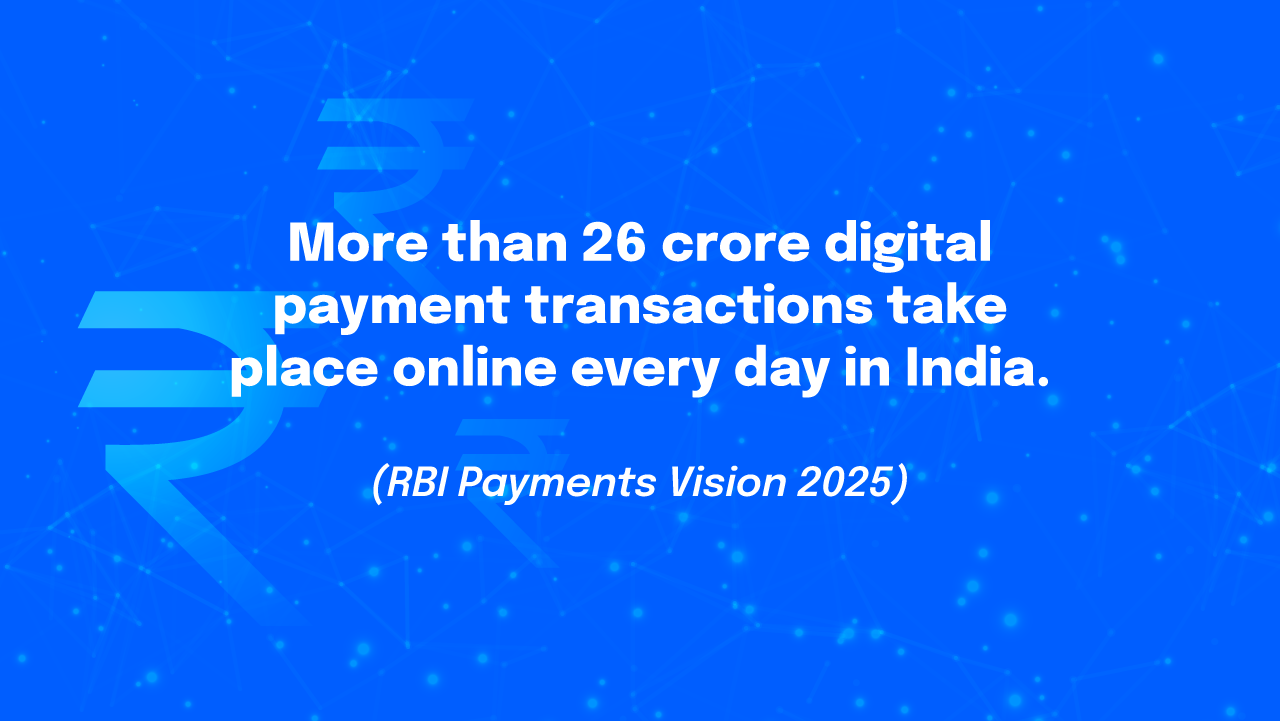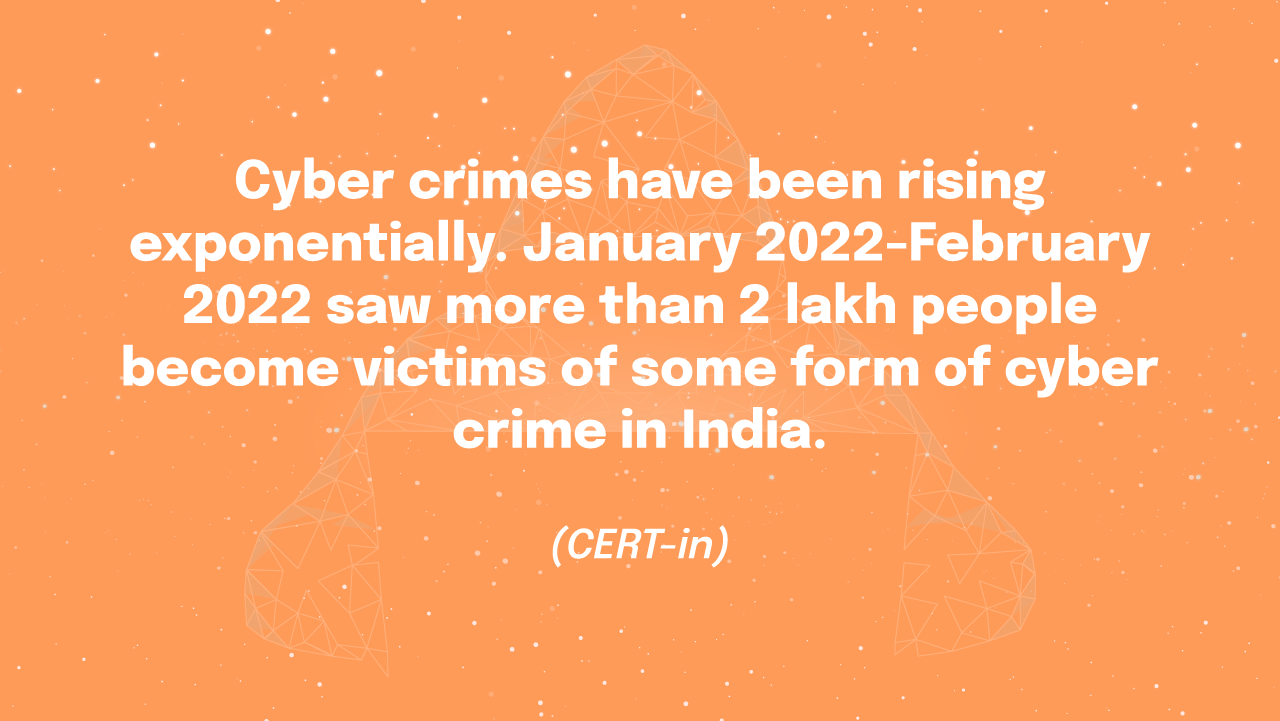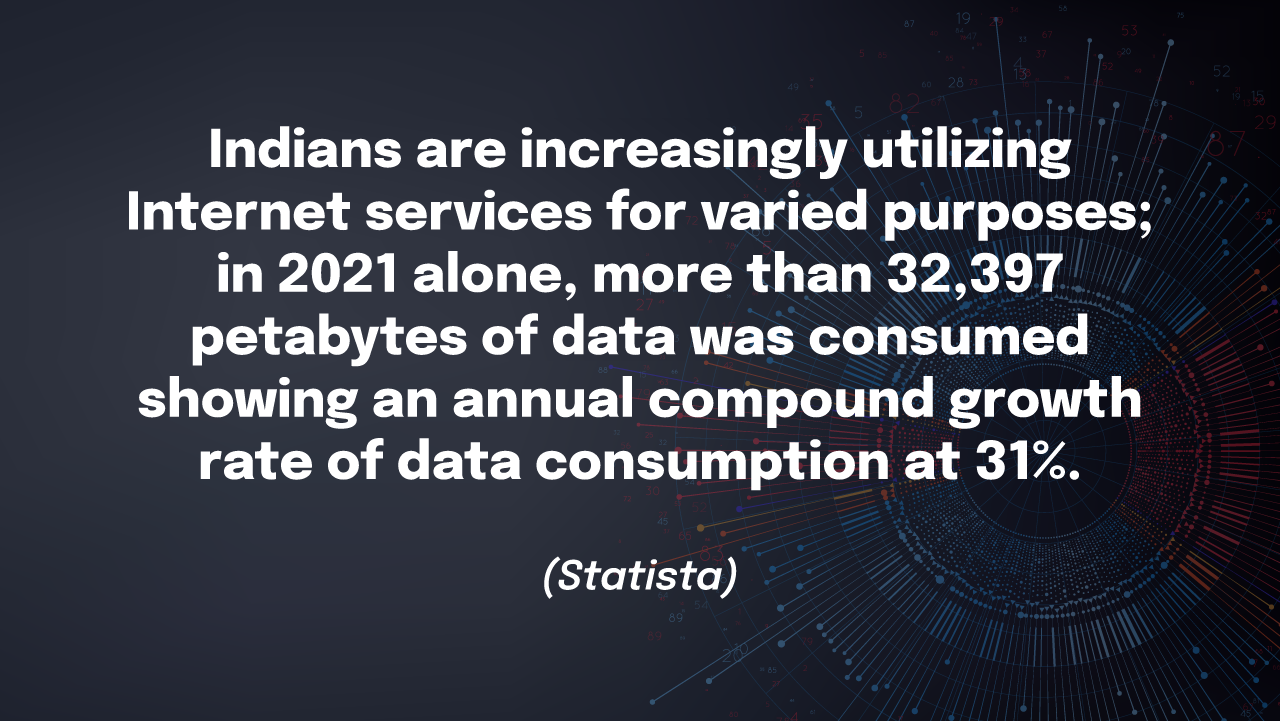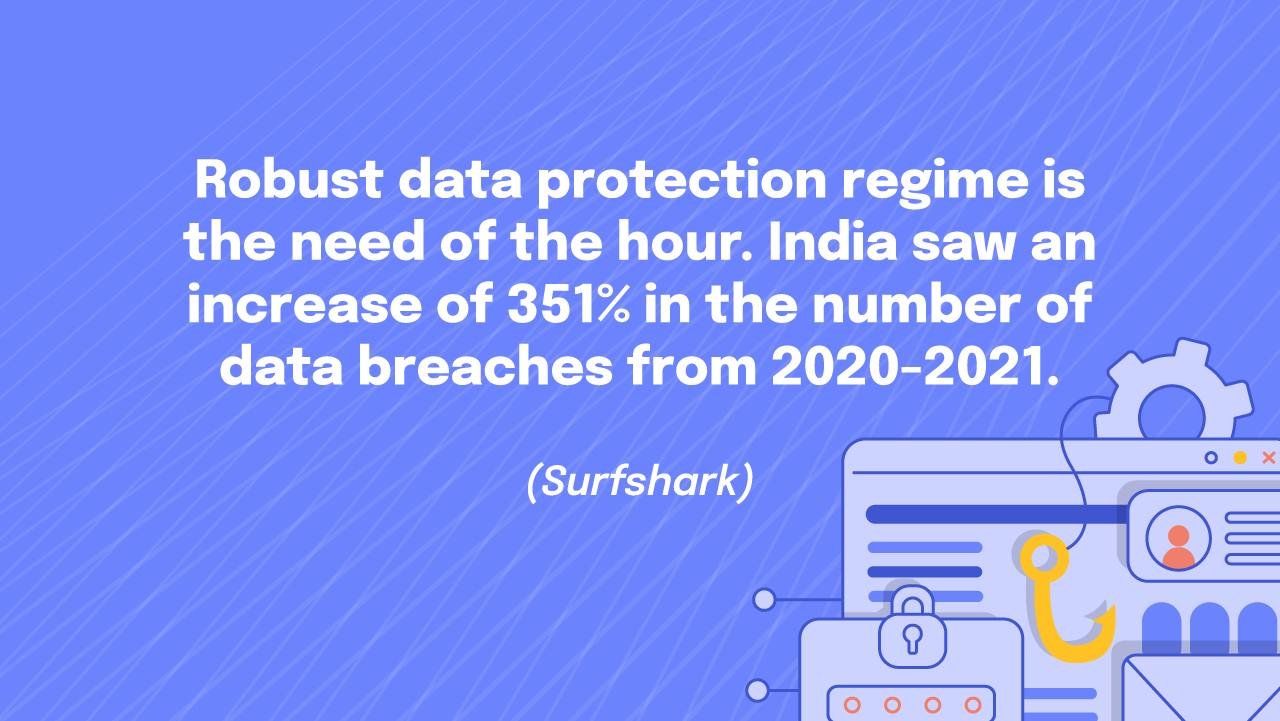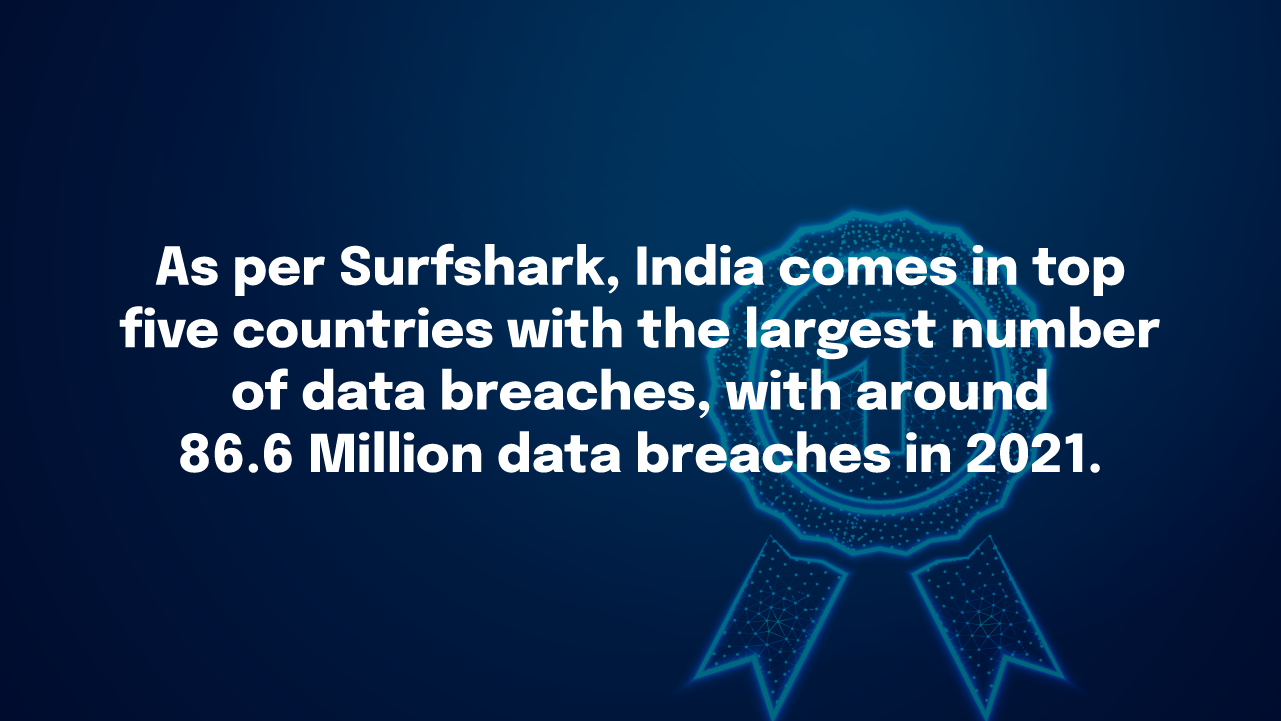SFLC.in shall select the 25 (twenty-five) lawyers on the basis of several factors, including their Resume and responses made on the DDN application form. Membership to the DDN is based solely on the prerogative of SFLC.in. At present, SFLC.in shall select lawyers with a minimum of 1 years’ experience for being part of the DDN.
More details can be found in the FAQs below.
The membership to the DDN shall be for at least 1 year, i.e., lawyers are expected to collaborate and associate with SFLC.in for at least 1 year from conclusion of the training program. Digital Defenders will be encouraged to continue participation in the Network on a long-term basis, and help expand the Network. This will also enable the Digital Defenders to participate in updated/relevant training sessions which take place in the future. We firmly believe in the power of numbers.
The training program shall consist of 8 modules covered across 5 weeks of training sessions scheduled on each Saturday & Sunday for the chosen Digital Defenders. To comprehensively cover the training material, a minimum of two [2] hours shall be devoted to each module. In toto, 20 hours shall be devoted to the training program.
The DDN curriculum has been devised keeping in mind pertinent issues and concerns prevailing on the Internet. The aim is to impart legal knowledge complemented with practical technological training to effectively defend one’s digital rights in the online sphere. Sessions shall include practical problems and emphasize interaction and discussion amongst the participants.
The DDN curriculum comprises pertinent subjects relating to data privacy, information technology, surveillance, and cyber-crimes. In addition to training on legal aspects, technological modules have also been subsumed within the curriculum to enhance the technical know-how for lawyers. The training sessions shall be interactive, knowledge-driven, and application-based with comprehensible material.
We have carefully curated the modules forming part of the Curriculum spanning 5 weeks, which would cover the following topics (not exhaustive):
- The case of Intermediary Liability.
- Understanding Cyber Crimes & Offences.
- Dealing with Search & Seizures.
- Role of electronic evidence.
- Free speech offences and online harassment.
- Data Privacy and Surveillance concerns in India.
